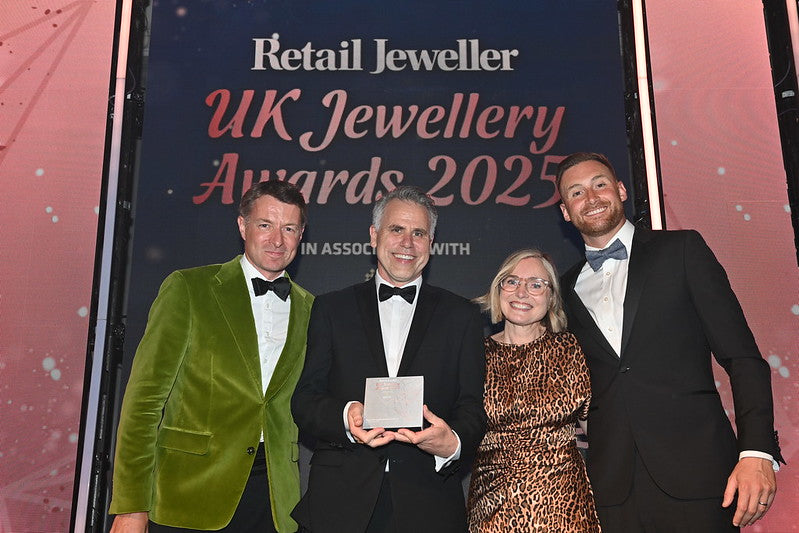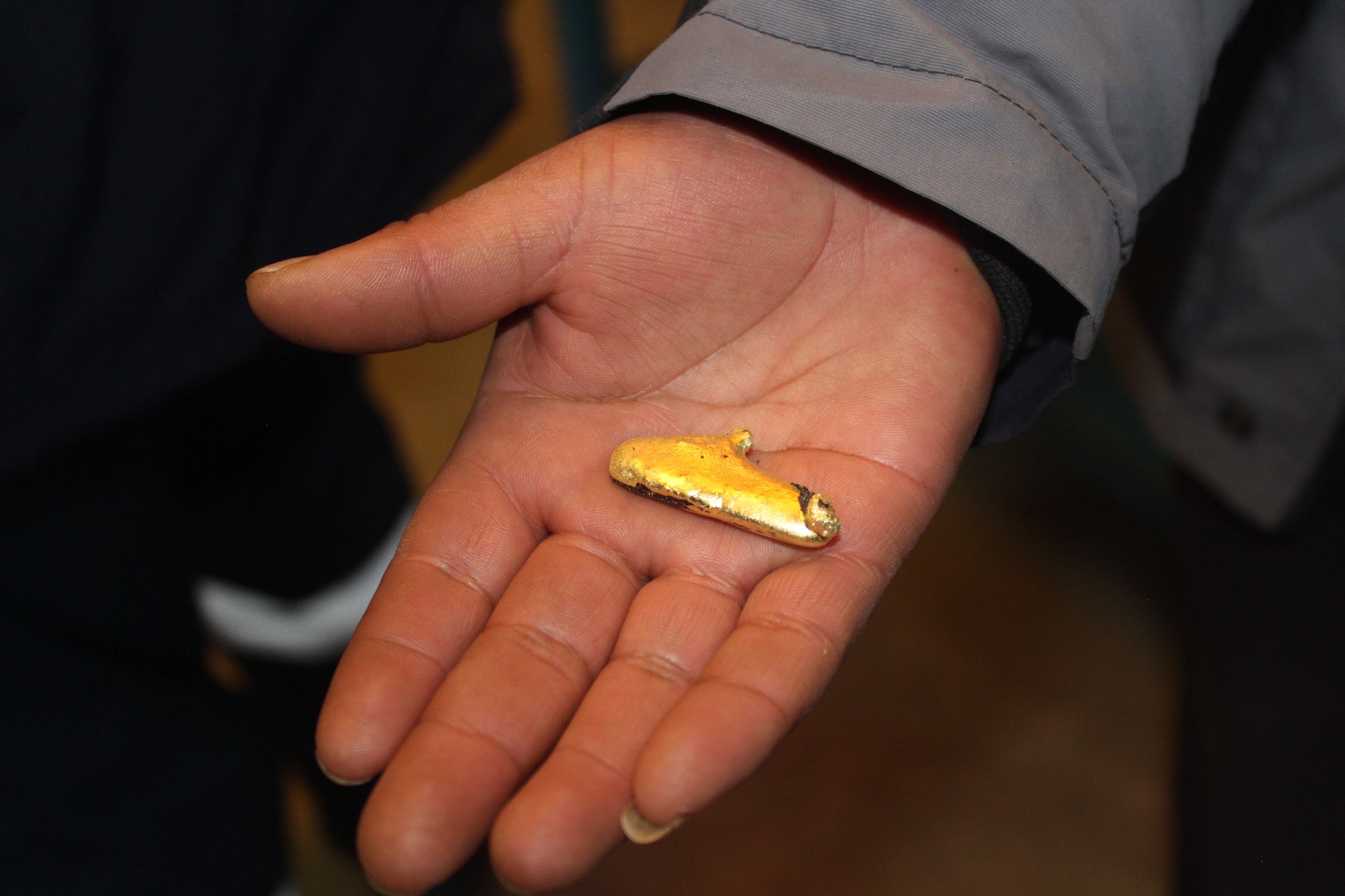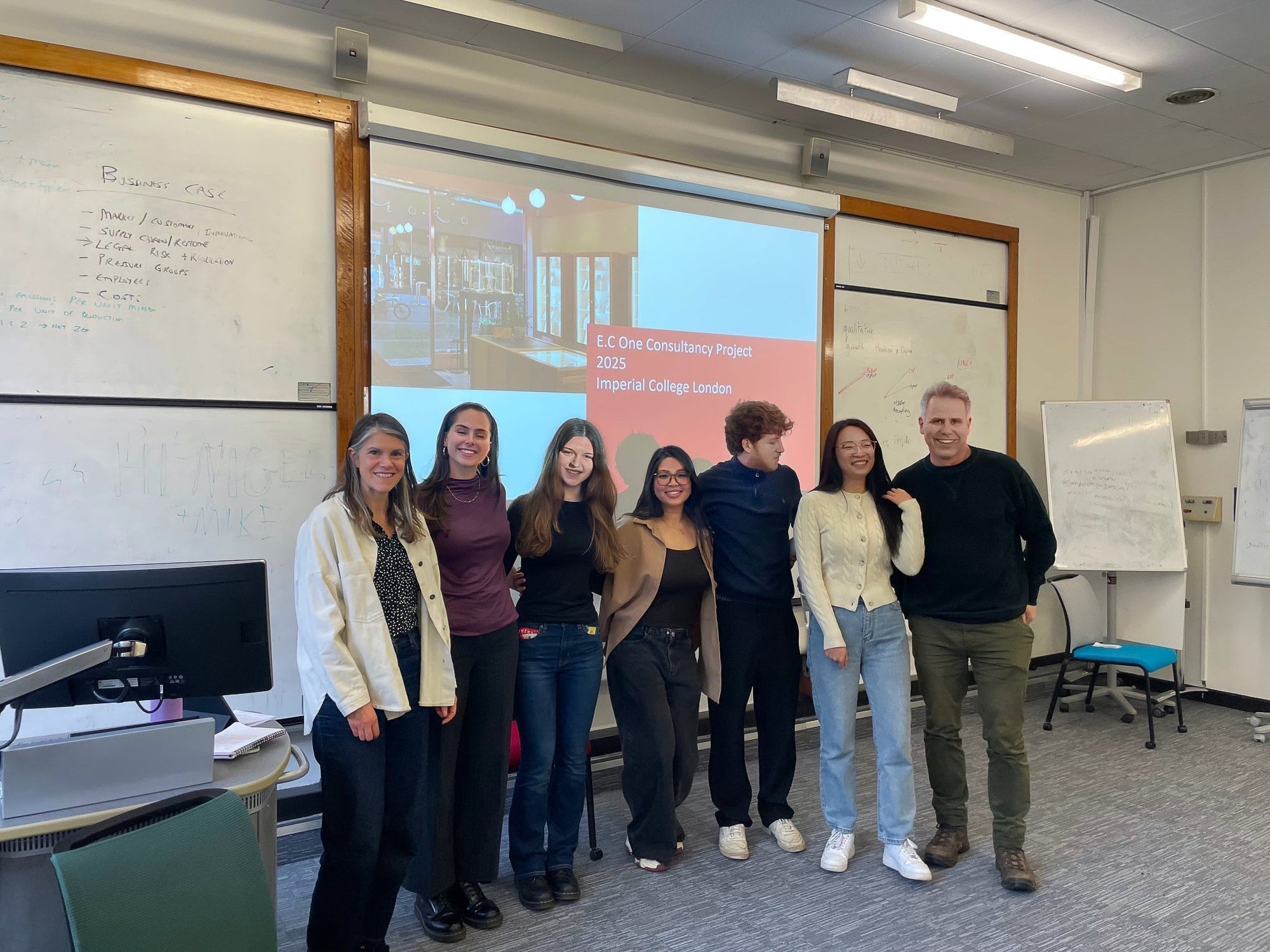
Our love for diamonds is deep and long-established. With almost 30 years of experience, we are well aware of their pitfalls and checkered history. We want to ensure that the diamond you will carry with you for the rest of your life hasn't hurt people or the planet. We are here to provide a trusted guide to navigate the complex and often murky world of diamond sourcing.

Since the early days of E.C.One, we knew that we only wanted to use diamonds that were sourced in areas free from conflict and abuse.


So, if we care more about the planet, is a lab-grown diamond a better ethical choice?
Laboratory or lab-grown diamonds are diamonds manufactured under laboratory conditions. The intense heat and pressure that created diamonds up to 3 billion years ago are simulated via a chemical process. Using high pressure and high temperature, it is possible to grow a diamond over several weeks. This technology has become more widespread, and in recent years, we have seen the price of lab-grown diamonds drop significantly as production scales up worldwide.
When renewable energy is used, Lab-grown diamonds produce approximately one-tenth of the CO2 produced by mining natural diamonds. Unfortunately, most lab-grown diamonds are produced by burning fossil fuels and can have a greater carbon footprint than natural stones.

We only use lab-grown diamonds produced using renewable energy. This commitment is part of our ongoing efforts to reduce our environmental footprint and provide our customers with the most ethical and sustainable options. We are always upfront with our customers about the changes we see as this new market grows and changes, ensuring transparency and trust in our sourcing practices.
'We are proud to be a business committed to integrity, especially in an industry that has not always been transparent about its impact. We hope to share our love for the materials we use, continue learning and empower our community to make the best consumer decisions possible for people and the planet.'




